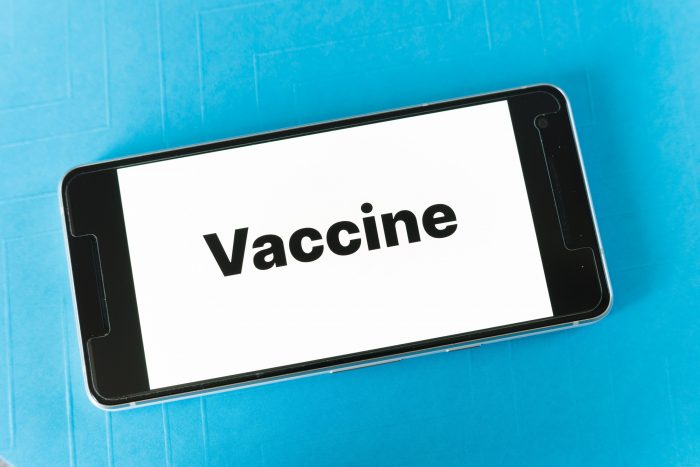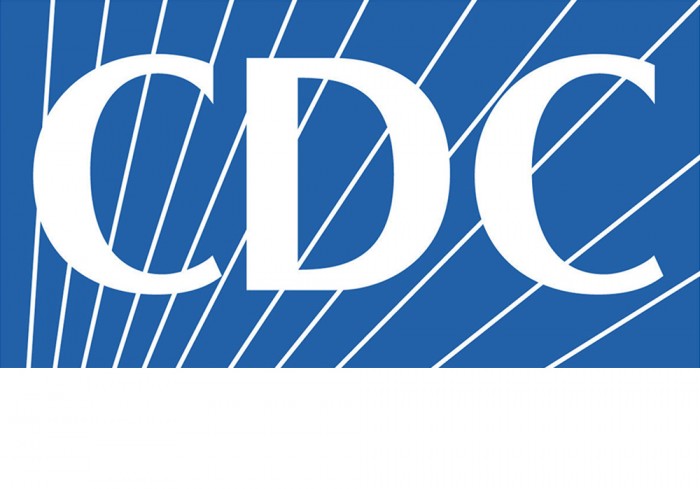Giant Store Pharmacies Carrying COVID-19 Treatments, Including Paxlovid
Pennsylvania’s Most Vulnerable Residents Are at Risk. Only Lawmakers Can Fix It. — Letter to the Editor From RCPA President/CEO Richard Edley
A Pennsylvania Gathering: Critical Topics in Autism — Virtual Event July 21
Interested in hearing the stories from others about communication, advocacy, and maintaining connections? ASERT will continue their Critical Topics in Autism series led by self-advocates on July 21, 2022, from 3:00 pm to 4:00 pm.
Opening and Returning to Full Capacity for Day Center Programming, Infection Prevention Principles Webinar Now Open

This webinar is for residential and day service providers, families, and Supports Coordination Organizations (SCOs) to cover best practices for reopening day service provider facilities. Topics to be covered include best practices in screening participants, sanitation protocols, mitigation strategies, masking, distancing, and more. Sessions are split up by regional affiliation. See dates below to register for your region’s session.
Presenters
Antonie J. Auguste, MD, MPH
Dr. Antonie J. Auguste has been recognized as an IDSA Fellow (FIDSA). Dr. Auguste serves the ID division at UPMC/ID Connect. Her primary role focuses on providing inpatient Infectious Diseases consultation services via the Infectious Diseases Telemedicine service to multiple additional sites across telemedicine sites and rounding on the in-person services at UPMC Presbyterian Hospital. Additionally, she provides telemedicine Infection Prevention and Control consultation to various telemedicine sites. Antonie earned her medical degree from the State University of New York Upstate Medical University at Syracuse and completed her residency in Internal Medicine and Fellowship in Infectious Disease at the State University of New York at Stony Brook University Hospital and School of Medicine. She obtained her MPH degree from Columbia University School of Public Health, and a BA degree in biology from Columbia University.
Dr. Nupur Gupta, DO, MPH
Dr. Gupta is a Clinical Assistant Professor at the University of Pittsburgh Medical Center, Department of Medicine, Division of Infectious Diseases. She completed her undergraduate and MPH studies at UCLA and received her Doctor of Osteopathic Medicine degree from Midwestern University in Phoenix, AZ. She completed her internal medicine residency at Allegheny Health Network in Pittsburgh, PA. Following her residency training, Dr. Gupta completed an Infectious Diseases fellowship with a special focus on HIV/AIDS at UPMC in Pittsburgh, PA. She has been a faculty member with UPMC since 2019. Her areas of interest include HIV treatment and prevention, medical education, infection control and prevention, and using telemedicine as a tool to reduce barriers to general ID care.
Kate Gass, RN, BSN, CIC
With a varied background in clinical nursing and nursing management, Kate has spent time working in intensive care, the emergency department, and the cardiac cath lab. Earning her ASN from Butler County College and BSN from Clarion University of Pennsylvania, she is certified as a cardiac invasive specialist and is also certified by the Board of Infection Control and Epidemiology.
Register
Registration is required to participate. Sessions are assigned by region. Visit the appropriate session below to register.
Western Region
Tuesday, May 31 from 2:00 pm – 3:30 pm
Northeast Region
Thursday, June 2 from 2:00 pm – 3:30 pm
Central Region
Monday, June 6 from 9:00 am – 10:30 am
Southeast Region
Friday, June 10 from 2:00 pm – 3:30 pm
ODP COVID-19 Vaccine and Boosters Update

ODP Announcement 22-046 serves as a reminder about a recent update to recommendations from the Pennsylvania Department of Health about details for COVID-19 vaccines and boosters. The CDC updated their COVID-19 vaccine booster recommendations on May 19, 2022, to include guidance on boosters for children ages 5 through 11.
Pennsylvanians age 12 and older are eligible to schedule a COVID-19 vaccine booster, and those who are immunocompromised should receive a second booster dose at least four months after their first booster.
Eligible individuals are now able to schedule appointments and receive vaccine or booster doses. The Office of Developmental Programs (ODP) will not be coordinating clinics for COVID-19 vaccine or booster doses.
Supports Coordination Organizations (SCO) and Supports Coordinators (SC) must make note of the following:
- Supports Coordinators (SC) are responsible for ensuring vaccine access for each individual supported by their organization.
- SCs are expected to be aware of vaccine and vaccination process information.
- SCs are responsible to support the vaccination process through coordination of vaccine access and vaccination appointments.
Residential Providers must make note of the following:
- Residential service providers are expected to identify a vaccine provider or have a plan for vaccinations of residents.
- Providers encountering difficulties locating vaccine resources can contact ODP via email.
Questions about this announcement may be directed via email to ODP.

















